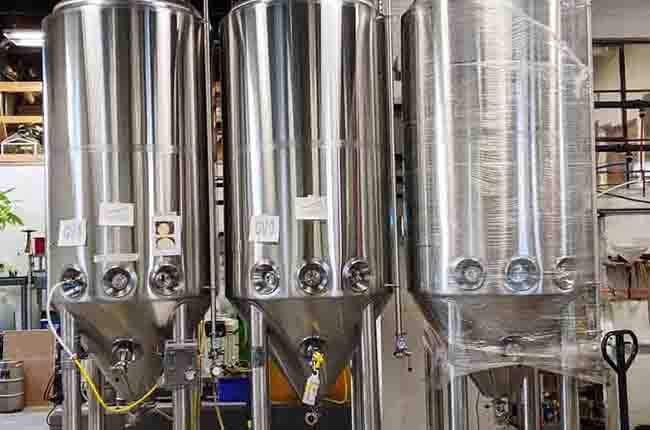Choosing second-hand agricultural equipment is an eco-friendly decision. By giving new life to pre-owned machinery, farmers contribute to reducing waste and the carbon footprint associated with the manufacturing process of new equipment. Extending the lifespan of agricultural machinery through reuse reduces the need for additional resources and raw materials, ultimately promoting a circular economy within the farming community.
In the world of modern agriculture, responsible farming practices not only contribute to sustainable food production but also play a significant role in minimizing the environmental impact. One effective way for farmers to adopt responsible practices is by acquiring second-hand agricultural equipment. This approach not only benefits the environment but also offers several advantages to farmers.
Cost Savings:
One of the most apparent benefits of acquiring second-hand agricultural equipment is cost savings. Farming equipment can be a significant investment, and purchasing used machinery can considerably reduce initial expenses. By opting for well-maintained pre-owned equipment, farmers can access the same functionality and performance at a fraction of the cost of buying brand new machines.
Tried and Tested Performance:
Second-hand agricultural equipment has often proven its reliability and performance over time. Since it has already been used on the field, its functionality and suitability for specific tasks are well-established. Farmers can benefit from real-world insights and reviews from previous owners, which can help inform their decision and ensure they choose the right equipment for their needs.
Enhanced Affordability of Advanced Technology:
Newer agricultural equipment often comes with advanced technology and features that enhance productivity and efficiency. However, the initial cost of such machinery can be prohibitive for many farmers. By considering second-hand equipment, farmers can access these technological advancements at more affordable prices, without compromising on the benefits they offer.

Supporting Local Economies:
Acquiring second-hand agricultural equipment often involves dealing with local sellers or dealers. This approach not only supports the local economy but also fosters a sense of community among farmers. Building relationships with other members of the agricultural community can lead to valuable exchanges of knowledge, expertise, and resources.
Reliability and Easy Maintenance:
Agricultural equipment is designed to withstand rigorous use and challenging environmental conditions. When purchasing second-hand machinery, farmers can often find well-maintained equipment that requires minimal repairs. Additionally, many sellers may provide valuable maintenance and operational insights that can prolong the life of the equipment.
Responsible farming involves making informed choices that benefit both farmers and the environment. Acquiring second hand equipment australia aligns perfectly with this approach, as it promotes sustainability, reduces waste, and supports cost-effective farming practices. By choosing pre-owned machinery, farmers not only save money but also gain access to reliable and tried-and-tested equipment that meets their specific needs. Responsible farming is not just a trend; it’s a way of farming that ensures the well-being of the land, the community, and the future of agriculture.

